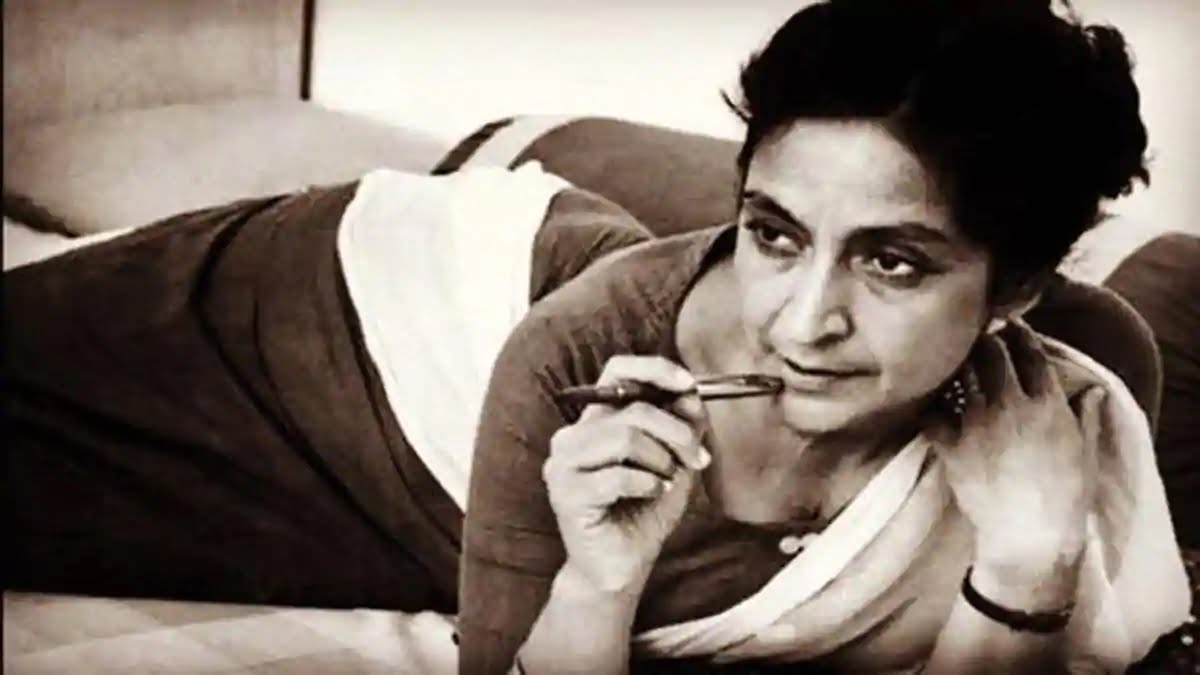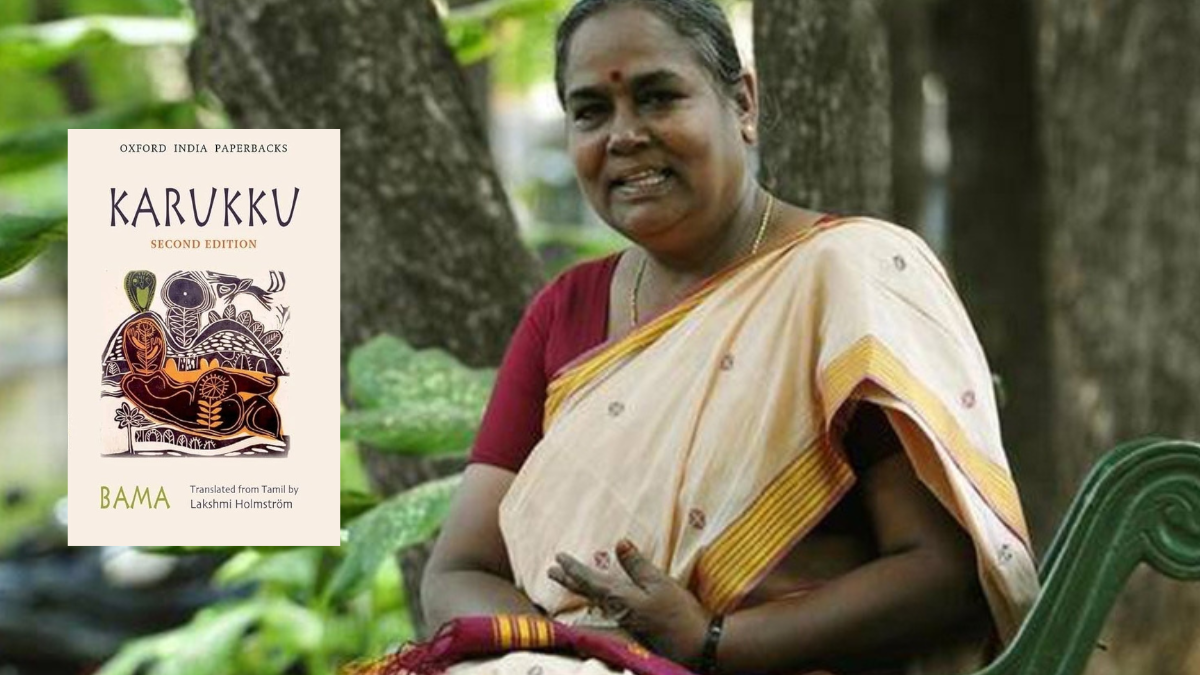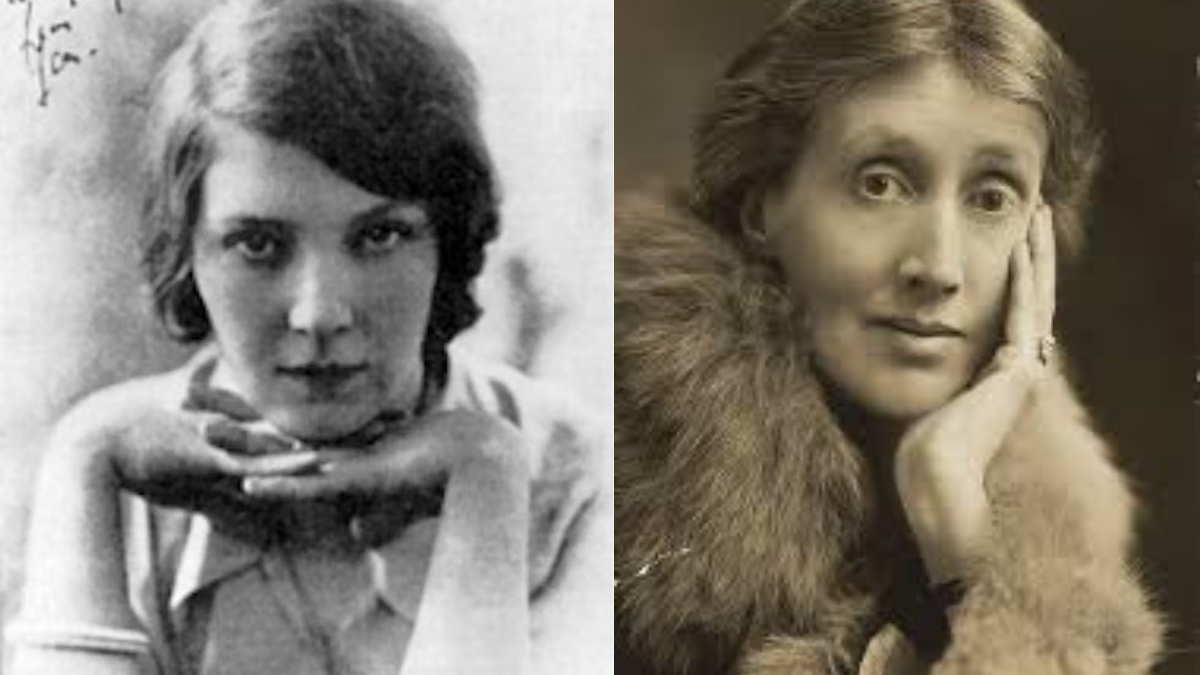For years I’d read Amrita Pritam’s name in history books but never delved into her writing. Verses from ‘Aj Ākhān Waris Shah Nu’ (Ode to Waris Shah) caught my attention on social media platforms but I was detached from them – they were just words. Until they were not. I found an old book written by Amrita Pritam in my mother’s collection this year – ‘Do Khidkiyan’ (Two Windows) and devoured it within days. The protagonist stands in between two windows and thinks to herself – from one window, the words I am yet to speak walk out in front of me and from the other window, the meanings of those words walk out. The tragic separation of the words and their meanings and the being that stays between the two is a haunting image of the India-Pakistan partition that has stayed with me. Amrita Pritam’s writings on the partition move away from the gory violence and explore its impact on everyday lives and the association between memory and trauma in a post-partition world, especially in the lives of the womenfolk. From Angoori to Veero – the ‘ideal’ form of womanhood in nationalist literature was eroded with every protagonist in her work.
Also read: Amrita Pritam: Not Just A Poet, But Revolution Personified | #IndianWomenInHistory
Amrita Pritam’s writings on the partition move away from the gory violence and explore its impact on everyday lives and the association between memory and trauma in a post-partition world, especially in the lives of the womenfolk. From Angoori to Veero – the ‘ideal’ form of womanhood in nationalist literature was eroded with every protagonist in her work.
Her letters to Imroz and Sahir Ludhianvi that explore unrestricted desire, love and passion paved the path for many women in love. She wrote in the poem ‘First Book’:
“That was our tryst, yours and mine.
We slept on a bed of stones,
and our eyes, lips and fingertips,
became the words of your body and mine,
they then made a translation of this first book.
The Rig Veda was compiled much later.”
Here is a profound intermingling of the sacred with the secular. But love and desire in Amrita Pritam’s work was never seen through just rose-tinted glasses. In her poem, ‘Virgin’, she wrote:
“To fulfill our union
I had to kill the virgin.
And kill her, I did.
Such murders are sanctioned by the law
Only the humiliation accompanying them is illegal.
So I drank the poison of humiliation.”
For me this is a sharp critique of marital rape and the complicity of the law in it. Who kills the virgin and for what purposes? But the way the poem ends, it raises another question: Who truly is the virgin?
“But when I saw myself in my mirror,
there she was before me;
The same one I thought I had
murdered during the night.
Oh, God!
Was the bridal chamber so dark that I could not tell
the one I had slain
from the one I did, in fact, kill.”
Amrita Pritam’s personal life speaks as much to my feminist ethics as your work. She critiqued the heteronormativity of the institution of marriage and the chains it binds us in. ‘Night’ and ‘The Scar’ are two poems that question the norms of our society – motherhood, pregnancy, marriage, and the inherent gendered violence within heteronormative relationships. Much like Simone De Beauvoir, Amrita Pritam lived her principles choosing to break off an unhappy marriage and remaining unmarried.
Vociferously speaking about the difference between the written works of men and women in the 20th century and the sexual politics in the publishing world she said, “As for women, I feel that women in literature are different from women in other fields… Basically, there is a prejudice against women in literature. Men take women’s writing lightly; they doubt a woman’s sincerity. For example, when I got this Sahitya Akademi Award, and with it fame, the leading English daily in Delhi wrote that I got my popularity in Punjabi literature because of my youth and beauty. I felt very sorry to read that. Why not talent? They can admire a beautiful woman, but not a talented one.”
Nagmani (Serpent’s Jewel), the monthly publication she started in 1966 was probably the first of its kind in bringing forth voices from across the nation and the world. The mere fact that Amrita Pritam would choose a name which has the word Serpent – a dubious animal in most mythology – is perhaps representative of her desire to challenge the society and its ideas.

I discovered her work and its significance much after Amrita Pritam’s mortal body left us. But as it happens with all great writers – her legacy, ideas and voice lives on, allowing us to weave alternative narratives. Narratives that break the status quo and help us transgress and transcend the assumed centre of patriarchal social values.
Also read: The Partition Of Punjab: A Tale Of Violation Of Women’s Rights
I discovered her work and its significance much after Amrita Pritam’s mortal body left us. But as it happens with all great writers – her legacy, ideas and voice lives on, allowing us to weave alternative narratives. Narratives that break the status quo and help us transgress and transcend the assumed centre of patriarchal social values.
Featured Image Source: News18.com
About the author(s)
Isheeta is a features writer, a student of History and a prospective student of Gender Studies. She enjoys reading historical fiction, philosophy, gender theory and sipping coffee in quiet corners.




